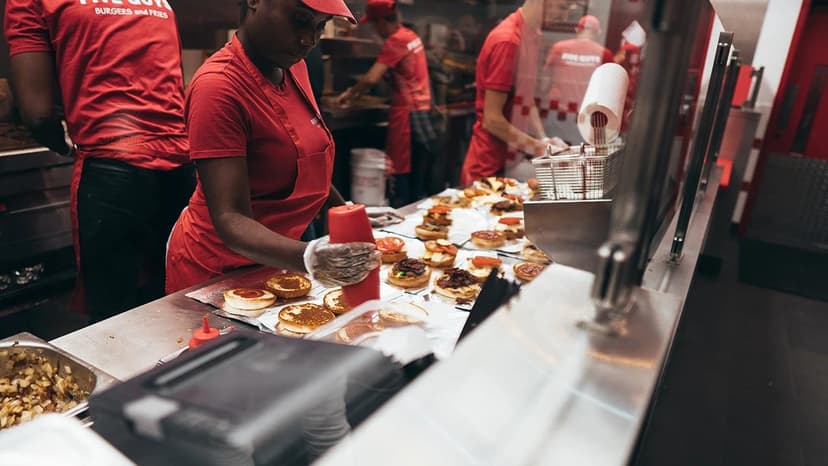What Is a Franchise and How Does It Work?
Franchising is a popular concept in the business world, often mentioned in expansion and entrepreneurship discussions. Enjoying a coffee at Starbucks or a burger from McDonald's means you have experienced a franchise. But what does it mean to be a franchise, and how does this model function?
The Basics of Franchising
A franchise is a type of license that allows the franchisee (the buyer) to operate a business under the franchisor's (the creator) name and system. The franchisor provides the business model, brand identity, and support, while the franchisee operates independently within a designated territory.
This arrangement enables the rapid replication of successful business models across various locations.
How Franchise Systems Function
Franchising operates through a systematic process with several key steps:
-
- Paying Upfront Fees: The process starts when an entrepreneur pays an initial fee to the franchisor. This payment secures the right to use the brand’s trademark and systems.
-
- Ongoing Royalty Fees: Franchisees typically pay ongoing royalties, often based on a percentage of their gross sales. This fee provides continued support from the franchisor, including advertising and product development.
-
- Training and Support: Franchisors offer comprehensive training and operational support. This includes assistance with site selection, staffing, and everyday operations. This support helps maintain consistency in customer experience.
-
- Marketing and Branding: Franchisees benefit from the established brand recognition of the franchisor. National advertising campaigns and local promotions are often managed by the franchisor, ensuring a consistent brand message.
-
- Exclusivity in Territories: Many franchisors grant territorial exclusivity to their franchisees, shielding them from internal competition in their specific areas.
The Pros of Owning a Franchise
Owning a franchise offers several appealing advantages:
Reduced Risk
Franchises generally have a higher success rate than start-ups due to their proven business models and ongoing support.
Brand Recognition
Franchisees leverage the established brand image and customer base of the franchisor, aiding in attracting business.
Support and Training
Franchisors provide extensive support—from operational training to marketing strategies—beneficial for first-time business owners.
The Cons of Owning a Franchise
Despite the advantages, there are drawbacks:
Initial Costs
Starting a franchise often involves substantial financial investment, including initial fees and compliance with the franchisor's operational standards.
Less Freedom
Franchisees must follow the franchisor’s guidelines, limiting creative freedom, which may frustrate entrepreneurial spirits.
Dependence on the Franchisor’s Fate
A franchisee's business health is tied to the franchisor’s brand reputation and stability. Negative press or corporate issues can directly affect the franchise.
Examples of Successful Franchises
Here are some examples of successful global franchises:
-
McDonald’s: Recognized worldwide, McDonald’s exemplifies franchising success with strong brand appeal and robust franchisee training.
-
Subway: Specializing in fresh sandwiches, Subway offers a lower cost of entry compared to major fast-food brands, facilitating its worldwide expansion.
-
7-Eleven: As a leading convenience store franchise, 7-Eleven features 24-hour operational support and a well-known brand, essential for a steady customer flow.
Franchising offers a pathway to business ownership for those seeking a structured route to success. Partnering with a franchisor provides valuable resources, brand recognition, and ongoing support. Careful research is vital in choosing a franchise that aligns with your values and goals.
(Edited on September 4, 2024)












